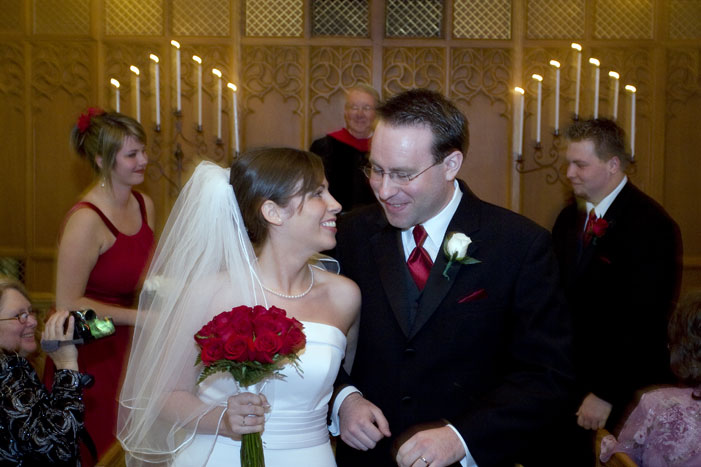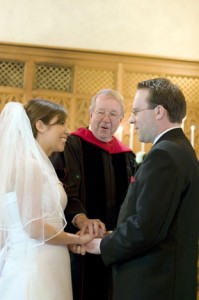Every once in a while I’m struck by the difference between life now and life before we started living frugally. Back when we made more money than we do now, but we were always strapped for cash. Back when a car problem or unexpected bill could completely wipe us out and then some.
It hasn’t been easy to keep it up. Like any frugal family, we struggle constantly to avoid falling into old habits. The more we save, the more comfortable we become. We start to feel invincible. After all, with several thousand dollars in the bank, we can weather most unexpected expenses without stress. We start to feel the itch to spend more.
I have to remind myself that even though we may have more money in the bank than we’ve ever had, that money is what stands between us and disaster. The more money we’re able to save, the safer we become. Sure, we could pay our car insurance deductible with no problem. We could pay our entire health insurance deductible for the year without breaking a sweat if it was necessary. But what if I lost my job? What if I couldn’t work anymore? We have enough saved to make it a couple months, but the thought of emptying the savings account we’ve worked so hard to build is terrifying. Then what? When that money is gone, what do we do next?
More importantly, though, I never want to spend just because we can. Spending just because the money is there is how people with twice our income remain constantly broke. If we can keep saving, keep living frugally no matter how much we have in the bank or how much we make in a year, then we’ll always be one step ahead of ourselves. We’ll be capable of dealing with any financial disaster, and we’ll never be broke.
It’s amazing what an emergency fund can do for your peace of mind.



